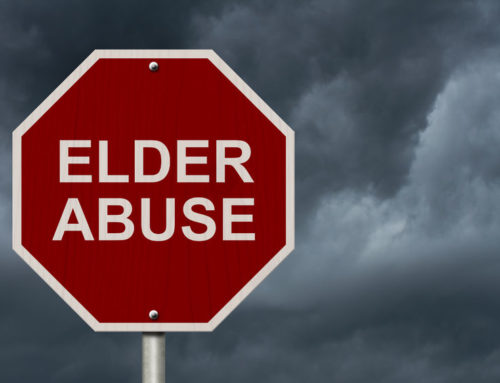In the course of your estate planning you will eventually be asked to name an executor. The executor has many duties that they must perform to handle the estate of someone who has passed away. Before you name your executor, or agree to being one for another party, here are some of the duties that an executor has.
Protect the Estate’s Assets
The main role of an executor is to consolidate and maintain the assets of a deceased person’s estate. This means that they must pay any remaining debts or taxes before finally distributing the remaining amount to the beneficiaries of the estate.
This process can be complicated if the estate has a lot of equity in different places. This means consolidating any properties, valuables and other items of significant monetary value and possibly selling them to produce funds that can be distributed if there are no instructions in the will specifically stating where the items will go.
Filing Proper Paperwork
The process of being executor beings by gaining official recognition as executor of the will. While the details on this process can vary from state to state it usually involves filing paperwork with the Register of Wills where the deceased person lived.
Detailed accounting of the assets will then need to be filed, as well as an accounting of any and all debts and taxes paid. This can require a large amount of paperwork depending on the size of the estate.
For legal assistance as an executor or naming one to your estate, contact Stano Law group today.







Leave A Comment